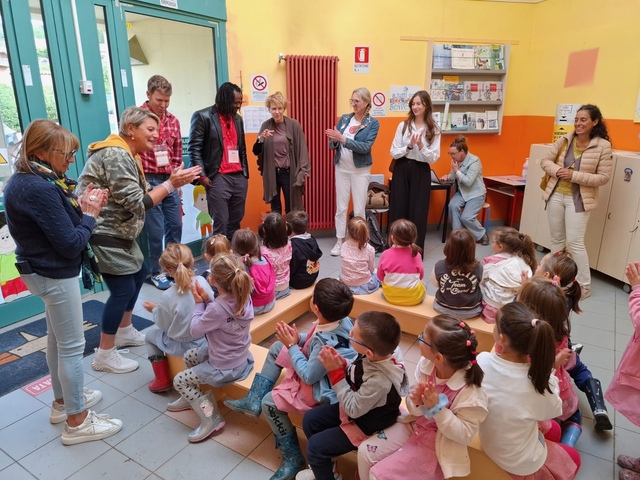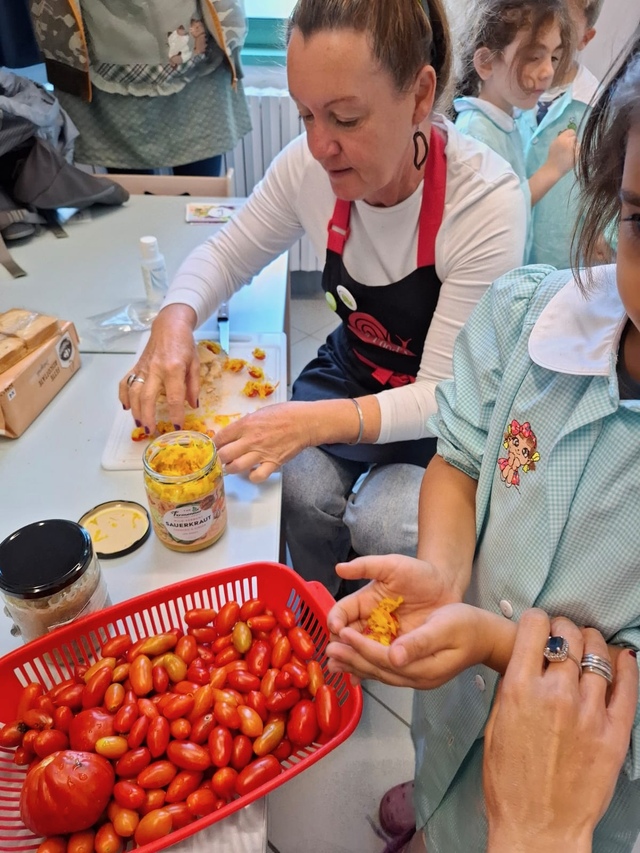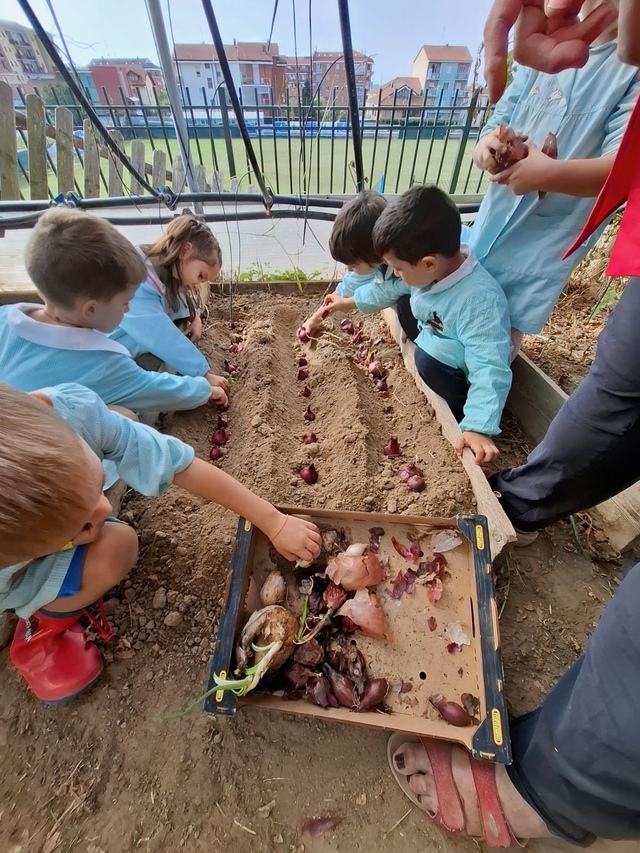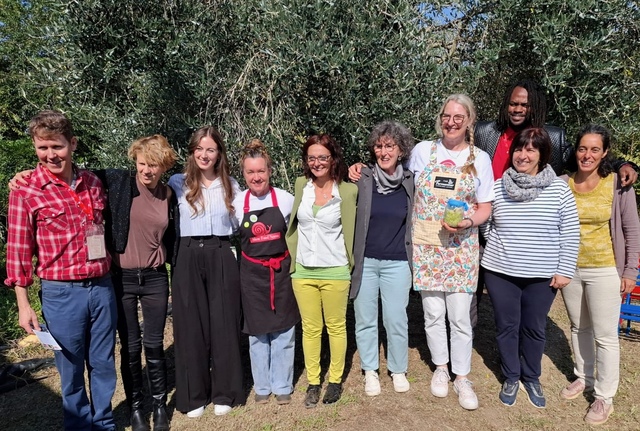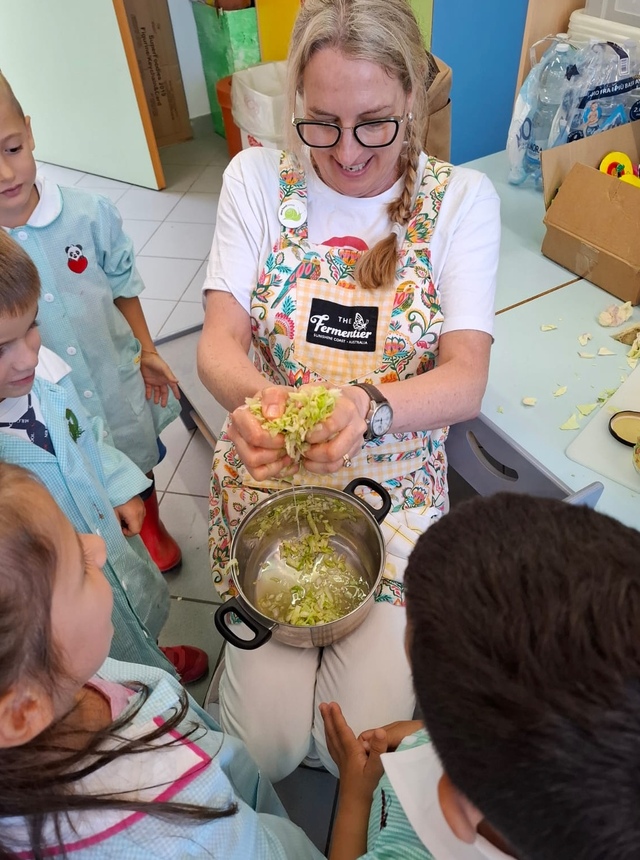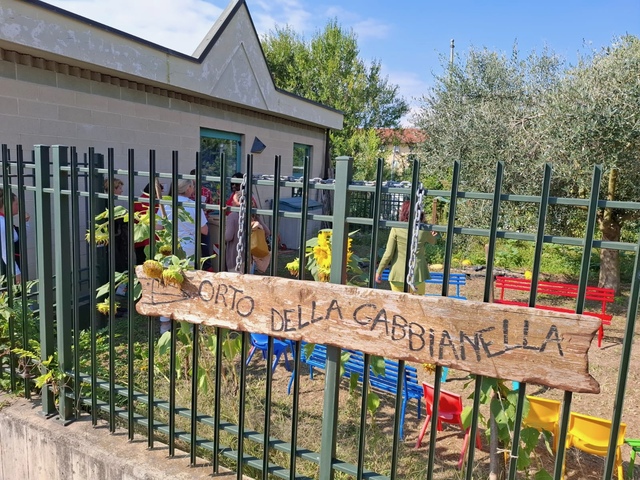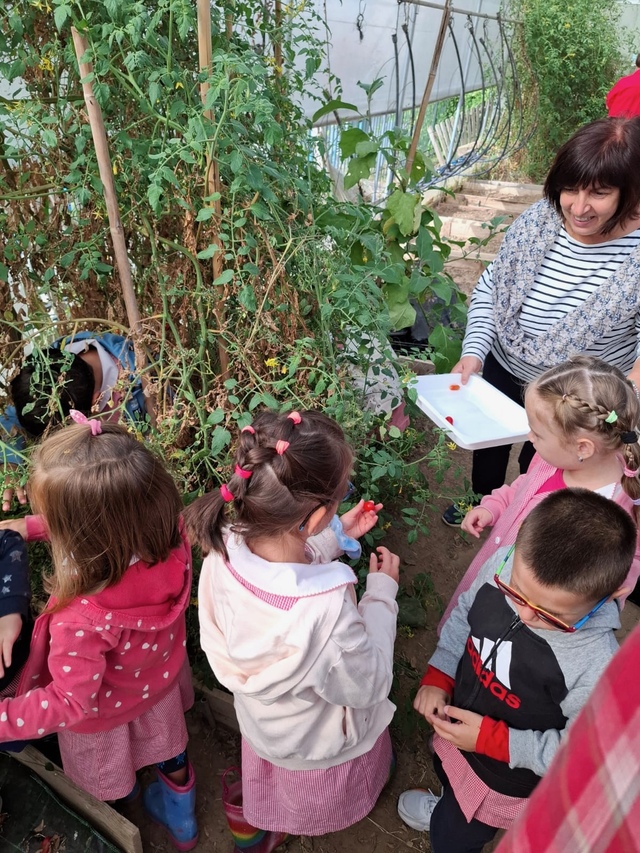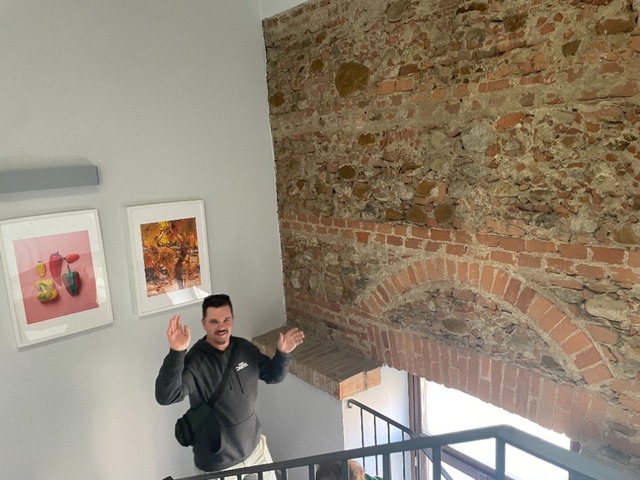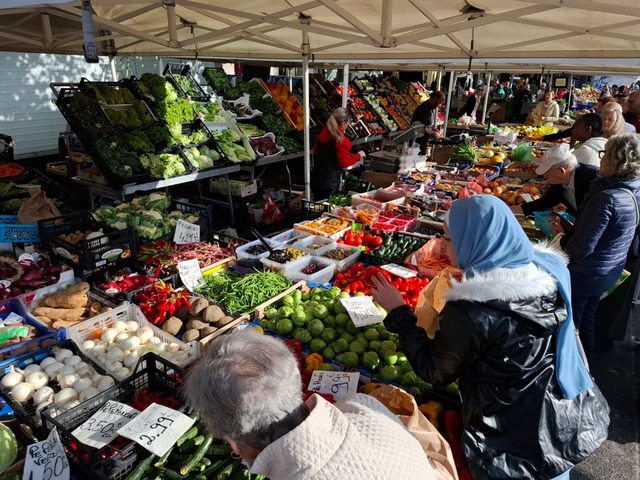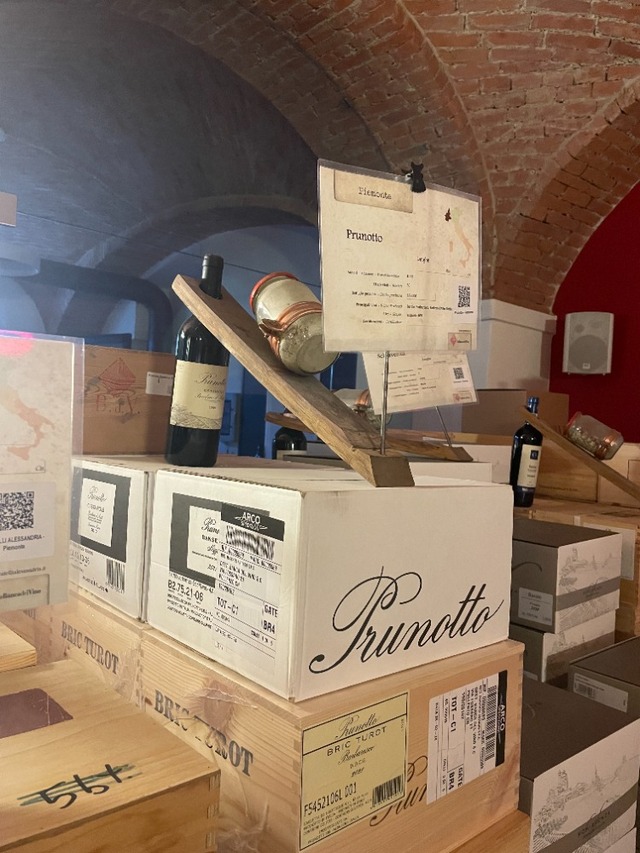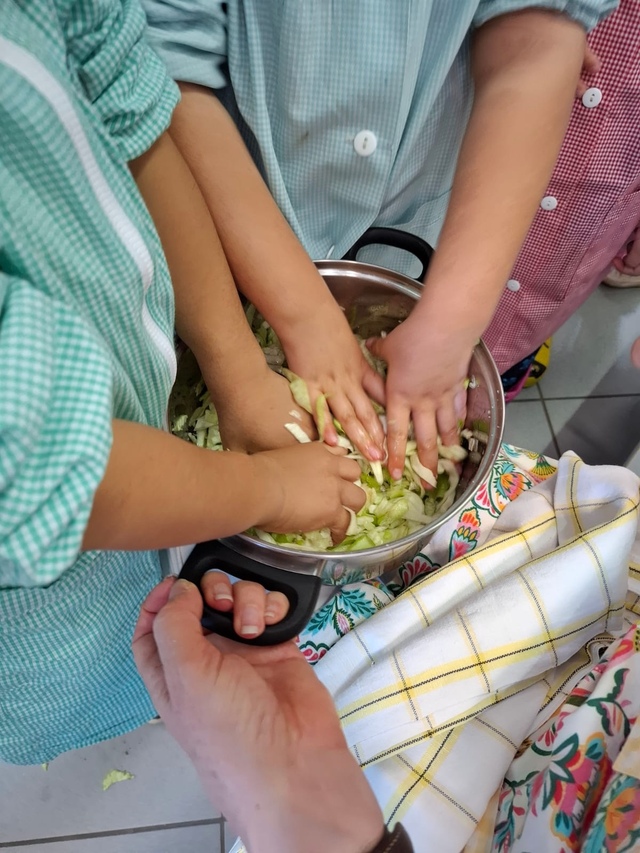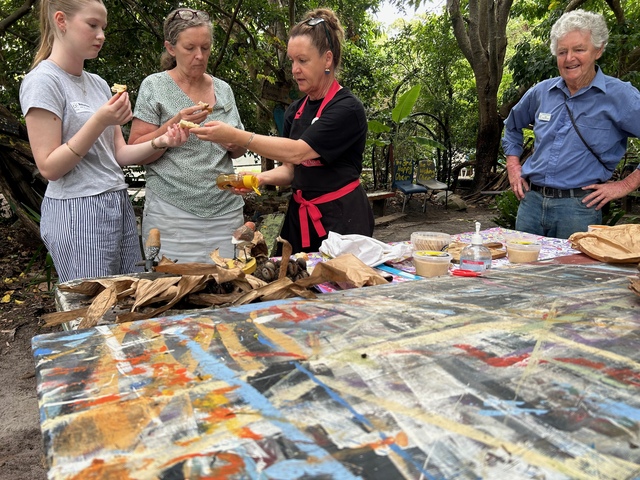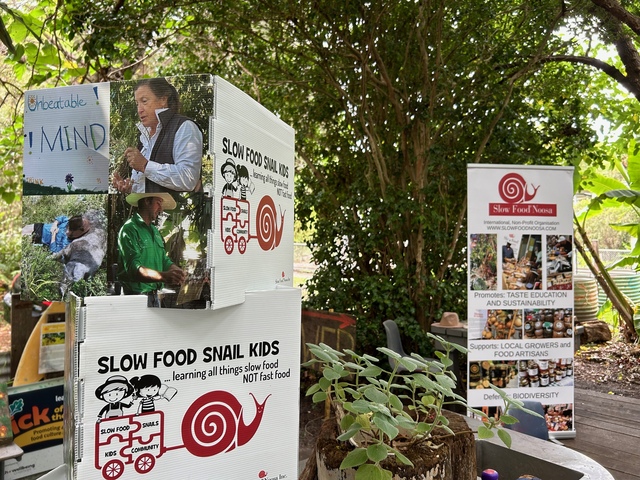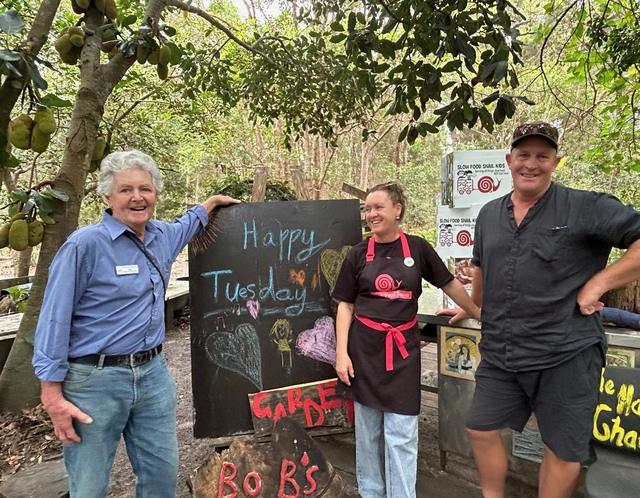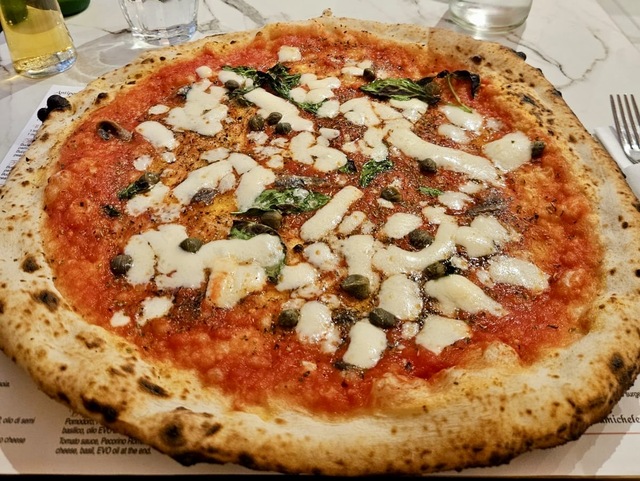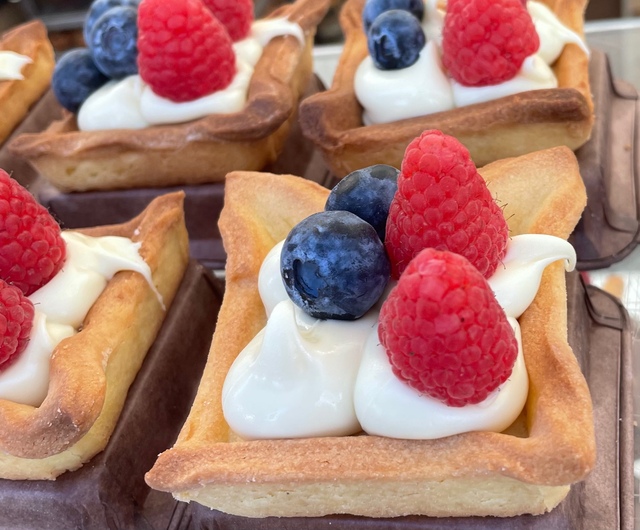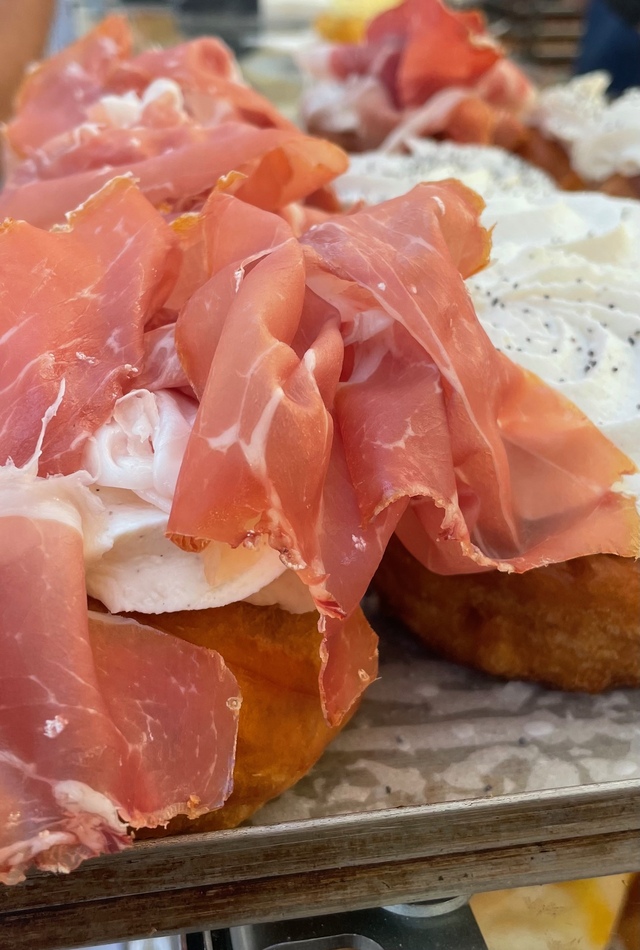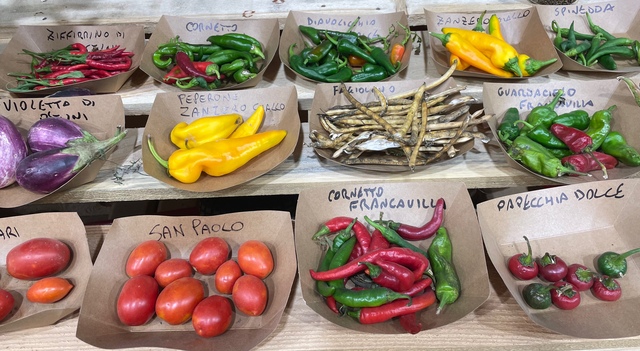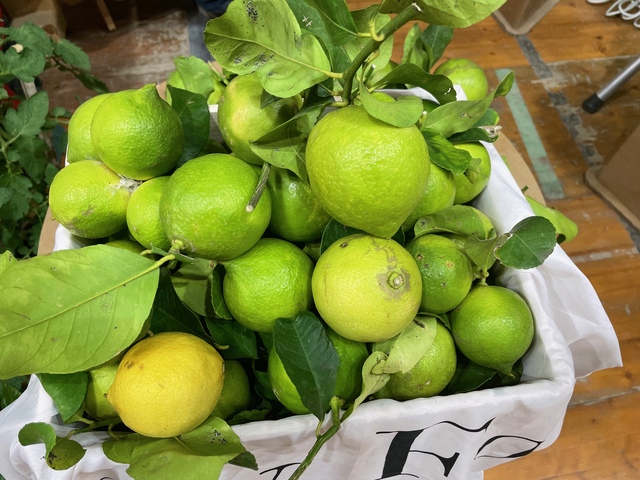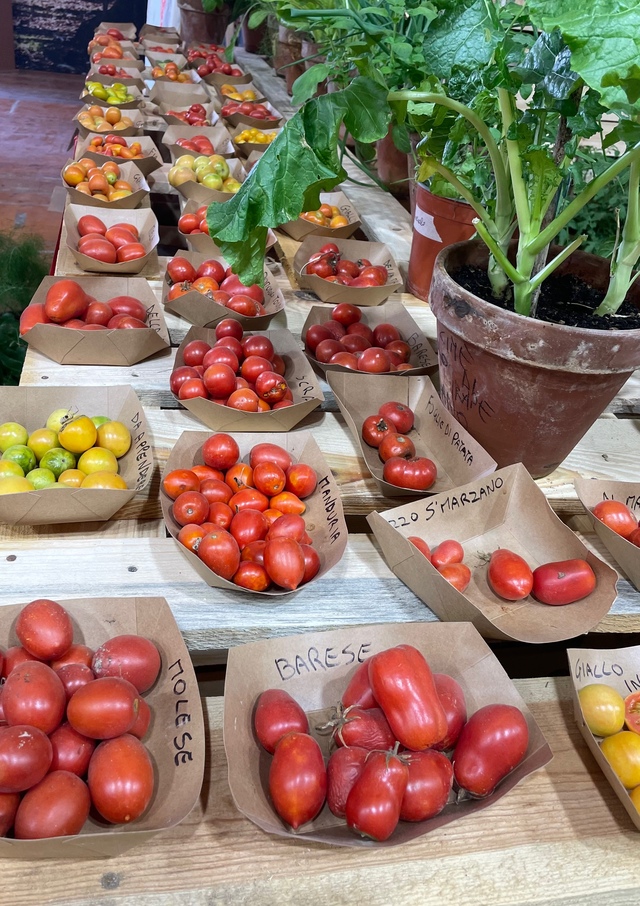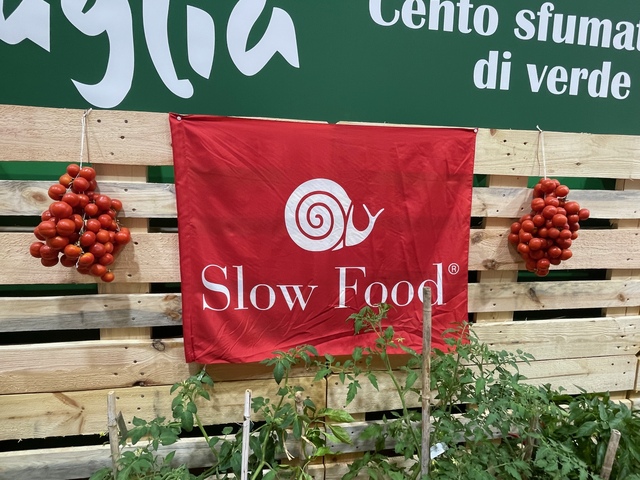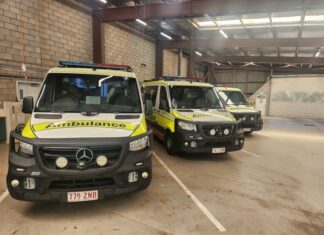This region is the only one in the world to have three adjoining biosphere systems, but a school student initiative based on good living and healthy food is now attracting international attention. ERLE LEVEY talks the Snail Kids program leader Di Seels about the latest developments of this innovative addition to a growing number of classrooms.
We live in the only place in the world where three UNESCO Biosphere Reserves sit side-by-side.
Now we are attracting the attention of Slow Food International and education centres in Italy for an innovative program based on good living and healthy food.
The Sunshine Coast, Noosa and Great Sandy Straits form an uninterrupted biosphere corridor that stretches an estimated 222 kilometres from Caloundra to the UNESCO world heritage-listed K’gari (Fraser Island).
A biosphere is an international site of excellence, recognised by UNESCO as an area of natural beauty where people live and work, where active conservation sits alongside responsible development and people living sustainably.
Now add to this heady mix the international recognition of the Slow Food Noosa convivium’s efforts in advocating the world-wide movement’s philosophy of good, healthy and fair food for all – working to ensure continuity of good food, the sustainability of the environment and the benefit of community as opposed to convenience.
At the recent Slow Food International biennial festival at Turin, Italy, delegates from the Noosa convivium made presentations and hosted workshops at Terra Madre Salone del Gusto.
The six-day event at Parco Dora, in the heart of the city, attracts more than 500,000 attendees and delegates from many of the 150 countries that make up the Slow Food program.
So popular were the Noosa delegates that they were invited to present their Snail Kids program to Italian educators.
Snail Kids was instigated at Sunshine Beach State School with program leader Di Seels.
It has since spread to schools from Peregian Beach to Eumundi and Kin Kin but with interest from Gympie and the Mary Valley.
The program inspires students to learn more about where food comes from, and the benefits of healthy food.
It does this through outdoor classrooms to encourage learning but also inviting Slow Food producers to visit the classrooms – farmers, artisans or providers.
Yet another chapter is being added to the Slow Food chapter with the University of the Sunshine Coast (UniSC) becoming involved in a research program revolving around good, healthy and nutritional food.
Slow Food Noosa is Australia’s largest Slow Food convivium with strong community support and membership, Di Seels said, back in the outdoor classroom after presenting workshops in Turin.
“We have a thriving artisan food industry supported by local farms and food manufacturers.
“Australia has a groundswell of people interested in good, clean and fair food which is produced sustainably and protecting our biodiversity.
“People want to learn and know more about sustainable food production. What we are missing is gastronomic sciences.’’
UniSC is centred at Sippy Downs but has campuses at Morayfield in the south, to Gympie and K’gari in the north.
It has a strong belief that community and culture is just as important as a world-class education, delivered by world-class educators.
The school of health in the university has well-established nutrition and dietetics programs and teaches food science subjects. It has also commenced research projects linked to Slow Food principles and values.
A research team is being established comprising Dr Melissa Innes, Associate Lecturer in Management and Human Resource Management, School of Business and Creative Industries, UniSC; Di Seels, Medical Scientist, Outdoor Education Specialist, and current UniSC Master of Science Research Student; Tania Wiesmayr-Freeman, Accredited Practising Dietitian and Lecturer in Nutrition and Dietetics (Clinical Education), School of Health, UniSC; Dr Mark Holmes, Senior Lecturer in Nutritional Biochemistry, Centre for Bioinnovation, UniSC; and Angela Cleary, Accredited Practising Dietitian and Lecturer in Nutrition and Dietetics (Clinical Education), School of Health, UniSC.
Undergraduate education proposals include establishing a contact to create a connection with the International University of Gastronomic Sciences in Italy (IUGSS).
While in Italy, Slow Food Noosa delegates met with members of The Università degli Studi di Scienze Gastronomiche which is based just outside of Turin.
They were extremely excited with the opportunity to meet with the Noosa representatives.
The idea is to explore a reciprocal student/staff exchange between IUGSS and UniSC, Di Seels said.
That would include the possibility of a collaboration between the two universities to see UniSC develop the credentials as a training centre for the Southern Hemisphere.
This would have the potential for post graduate, undergraduate, and a diploma/micro-credentialling.
If not an IUGSS ’hub’, then they could share knowledge or advise/mentor in regard to setting up GSS training courses.
Research proposals for UniSC would explore potential research projects in the gastronomic science sphere, but also develop a cross-cultural comparison of knowledge creation and management in Alternative Food networks (AFN’s) between Italy and Australia.
This would involve discussing the possibility of collaborative research projects where Slow Food principles and values are taught in the curriculum of Australian and Italian schools.
For example, Di Seels is currently conducting a research project called “Slow Food, not fast food: Qualitative process evaluation of the Slow Food Snail Kids Education Program to enhance food literacy among primary schoolchildren.’’
This is a community-based, education program, endorsed by Slow Food Noosa and Slow Food International, primarily for Noosa-based primary school children with a purpose to enhancing food literacy, teaching them about all things Slow Food, not fast food.
The University of Gastronomic Sciences is an international university in Pollenzo, near Bra, a city in the north-west region of Piedmont. It was started in 2004 by the Slow Food association in collaboration with the Piedmont and Emilia-Romagna regional authorities.
Graduates and postgraduates are employed in the artisan and industrial agrifood production sector, in small, medium and large distribution, in the tourist sector, in food education, and in non-government agencies and organisations.
Slow Food Global North director Elisa Demichelis, who leads initiatives to promote sustainable food systems and biodiversity in Europe, North America and the Pacific, welcomed the Noosa delegates and their participation in Terra Madre Salone del Gusto 2024.
“Their presence and contributions were both inspiring and invaluable to the event.
“It was truly a pleasure to learn about the many interesting initiatives happening in Australia.
“We hope that the connections and synergies formed during this occasion will continue to grow and evolve.
“We are especially eager to explore potential collaborations, with a focus on advocacy, education and the exciting developments with Slow Food Farms.’’
During their journey to Italy, the Noosa delegates were invited to attend and present at a local pre-school in Turin.
Slow Food Education Office director Eleonora Lano included the Snail Kids initiative in the Slow Food International newsletter circulated to more than 150 countries.
Di Seels said the school visit was an experience to truly cherish and remember.
“We would have loved to have stayed and done more presentations for them, but it just wasn’t possible. However, we plan on staying in touch to help the school implement a program similar to that of the Slow Food Noosa Snail Kids program.
“It is all a little incomprehensible on how one feels after returning from such a magnificent event.’’
For Di Seels, this was the second visit to Terra Madre after presenting in 2022.
This time she attended specifically to talk about Snail Kids.
So what was different?
“You knew what to expect or had ideas but even then I was excited by what I found.
“Primarily, I was very excited about reuniting with some of my previous colleagues and friends that I met from Terra Madre 2022 – so that was really really exciting.
“Terra Madre is the most magical experience. One that is felt and difficult to describe – an overwhelming appreciation of different cultures, crafted food, activism, networks, workshops and being introduced to people with such a high level of connectedness, knowledge and a genuine level of sensitivity in defending food cultures, the environment and global biodiversity.
“It was a way of ‘transporting’ you to people and places from around the world practising Slow Food principles and food production … truly something.
“A highlight was Tania Wiesmayr-Freeman and myself presenting the Slow Food Snail Kids program, captivating audiences with her action rhyme: ‘cut the cabbage, salt the cabbage, squeeze the juices out.’
“To present at this global level was surreal, and truly amazing … inspiring more confidence, ideas, and global connections.’’
It was a matter of having even more opportunities than from Di’s previous visit in 2022.
Now she has her foot in the door, so to speak, with Slow Food education on a world-wide basis.
“I feel incredibly grateful for the acknowledgement I guess of what we do … and again it goes back to that previous connection that I had with Terra Madre. That enabled me to now be on the Slow Food International education group.
“Having met delegates from about six other countries we now have a WhatsApp group chat that we’re all involved with. These include the US, Italy, Spain and Brazil.
“The projects they are doing are amazing, such as the woman from Japan who reminded me we could be doing exactly the same project here in Noosa because it looked like Noosa Main Beach. “There, they have the community 100 percent on board and come in doing fishing with the children.
“They bring in the fish, they prepare the fish, they cook the fish and then eat the fish together as a community.
“Anyone who has been involved in any of these kinds of projects – where you are connecting community with educating around Slow Food, where good food comes from, the food production and then sitting around – whether on the beach or around the collective table together – it feels good and it’s healthy for our community, our society.
“It’s healthy for our bodies to be eating good, clean, fair food in good company, and I think that whole thing comes back to the kids being respectful and aware of our environment.
“If, in 25 years, we’re looking at having no fish in the ocean because of over-fishing, we can go back to that community base – where people have their own fishing line and go out collecting the fish.
“Fresh tastes so much better. It’s better for me.’’
As a consequence of Turin, Di would like to focus on children’s health and food literacy, making good choices about where their food is coming from and what they eat.
The love of education can start in Prep or kindergarten and at that age they learn so much better with an outdoor learning program. This can involve all sensory elements – touch, taste, hearing, sight and smell.
The teachers in Italy said they loved seeing the sense of engagement and the hands-on approach of the Slow Food Noosa Snail Kids delegates.
“This comes back to my father,’’ Di said, “and what I would always argue. If you want a child to look after a tree get them to plant it.
“If you want them to look after their own health, get them involved in the food that they’re eating, and preparing their own food.
“They take a whole lot more interest in their health, in my opinion.’’
A point that got brought up in Italy with a meeting of the Australian delegates with Slow Food International Eddie Mukiibi and Elisa Demichelis was from a young person on a committee in Victoria, as to why don’t we have more diversity .
“If there are certain issues that need to get addressed within a committee, why don’t we have this diversity of committee members?
“With Slow Food Noosa, it is a really good example of that diversity – there are people with specialist skills and the passion of Slow Food, as well as producers, providers and educators.’’
The visits to the IUGSS and Turin pre-school were on different levels, Di said, but were both brilliant experiences.
“They like to work with the kids, and the Italian educators are so open and receptive to what we’re doing.
“They wanted us to stay and work and do more presentations but this was our last day.’’
“They were asking about how we manage the Slow Food Snail Kids program.
“It’s a simple model. I get the farmers that have achieved Snail of Approval for their commitment to the philosophy to come in and talk to the children about what is in the curriculum at the time,
and they said: ’We never thought of bringing our farmers in.’
“This is despite the farms being around the towns and villages.
“It’s about keeping it simple from a curriculum perspective. Whatever the kids are learning about.
“If it’s bees for example, get a bee farmer to come in and talk to the kids about the bees.’’
That is what it was like at Sunshine Beach State School when I visited.
Brendan Scrase from Hello Honey at Kin Kin was speaking about how important bees are in the wide scheme of everything because without the bees there is no us.
It’s the same with Landcare and the way students are planting the trees to support the native wildlife.
The students were studying the relationship between plants, animals and humans.
For Di, there’s no reason why you cannot bring a farmer in and talk about the relationship between where we get good healthy meat from – good healthy cows that have been grazing on grass growing in healthy soil.
“What I love about Slow Food is that whether our farmers are producing, whether it’s mushrooms or cheese, fermented food or honey, all those practices are good for our environment.
“When you see people from some other countries, they’re all gathering the food together, preparing the food together and they eat together.
“There’s that sense of community and they’re involved with each other and connecting with each other. That’s good for mental health.
“Nutritionally, it’s good for physical health.’’
With an Australian collaboration ahead for education, the Slow Food Snail Kids program will be going to Western Australia shortly.
The Swan Valley are hoping to run their first program in term one of 2025, Di said.
“I’m going over to share the program. Why reinvent the wheel?
“As well as interstate I’d like to see the program expand internationally. The US has certainly shown massive interest and so have these other countries.
“The ones who will benefit are the children and the university students.
“We are looking at linking some of those uni students with the Slow Food Youth Network. It is one of the most powerful groups in Slow Food and I’ve seen them in action. I’ve seen their projects. “They are fearless, they’re intelligent and passionate.
“Imagine if we got a group of uni students doing some really cool things in our local environment. I don’t know what that looks like but we could certainly come up with a few ideas or get them to do that.’’
With the passion of people such as Di Seels, the collaboration of the Slow Food network and the newly-established UniSC research team, there are sure to be exciting times ahead.
After all, like a poster I once read on the London Underground walls said: “Give a man a fish and you feed him for a day. Teach him how to fish and you feed him for a lifetime.’’

